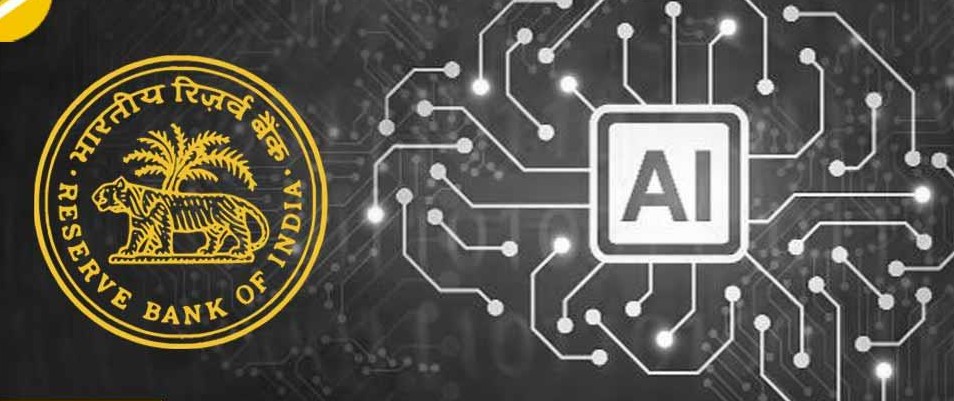
Follow WOWNEWS 24x7 on:

Key Highlights That Shaped the Industry This Week
India’s financial sector is set for a transformational leap as the Reserve Bank of India (RBI) releases its much-anticipated “Framework for Responsible and Ethical Enablement of Artificial Intelligence” (FREE-AI). Top banking and fintech executives are hailing the new guidelines as a blueprint that will not only reduce risk and cost but also unlock new opportunities for innovation, inclusion, and operational efficiency.
Principles that Guard the Future—RBI’s Seven Sutras
The FREE-AI framework is anchored on seven guiding principles:
Trust is the foundation—AI systems must be transparent, reliable, and inspire confidence.
People first—AI should support human decision-making and enhance welfare and inclusion.
Innovation over restraint—responsible creativity is encouraged, without excessive rules.
Fairness and equity—outcomes should be non-discriminatory and just.
Accountability—banks, fintechs, and other users are answerable for AI impacts.
Understandable by design—AI decisions must be interpretable and explainable.
Safety, resilience, and sustainability—AI must be secure, adaptable, and built for the long term.
The Strategic Pillars and Recommendations
FREE-AI sets out 26 action points spanning six pillars: infrastructure, governance, policy, assurance, protection, and capacity building.
The RBI recommends establishing shared national infrastructure to democratize data access and foster indigenous AI models tailored for India’s challenges.
Permanent multi-stakeholder committees will monitor risks, opportunities, and regulatory evolution.
Why Top Executives Are Embracing FREE-AI
The guidelines strike a balance between innovation and regulatory prudence—a pivotal concern as AI underpins chatbots, predictive analytics, alternate credit scoring, and fraud detection.
With clear directives, financial institutions expect to:
Lower compliance and technology costs by building scalable, transparent, and explainable AI solutions.
Mitigate operational risk and systemic threats via robust governance and peer reviews.
Enhance consumer protection, particularly for vulnerable and underserved segments, through data privacy mechanisms.
Improve efficiency, as automation streamlines processes and decision-making, reducing human error and turnaround times.
The Road to Ethical AI: Safeguards for Growth
RBI’s “People First” approach prioritizes customer dignity, inclusion, and welfare, ensuring technology serves citizens rather than replaces them.
By promoting “Fairness and Equity,” FREE-AI aims to combat biases and ensure just treatment in lending, insurance, and investment.
Institutions are encouraged to build and deploy AI that is easy for regulators and users to understand, supporting ongoing audits and transparency.
Industry Impacts and Future Outlook
Executives anticipate robust change as banks and fintechs integrate guidelines into board-level AI policies, paving the way for safe, scalable, homegrown AI innovations.
The creation of an AI-specific sandbox will help developers test solutions in a protected environment, fostering competitive advantage while safeguarding customer interests.
Expanded product approval and oversight processes will strengthen financial stability, with consumer protection at the forefront.
Conclusion—A New Era for Indian Finance
RBI’s FREE-AI report signals the regulator’s intent to harness the power of artificial intelligence while managing risks for the wider economy and society. With top industry leaders already moving to align policies and roll out compliant systems, customers can look forward to smarter, secure, and fairer financial services in the years ahead.
Sources: Drishti IAS, Economic Times, Mathrubhumi, Storyboard18, VisionIAS, NextIAS, InsightsonIndia



